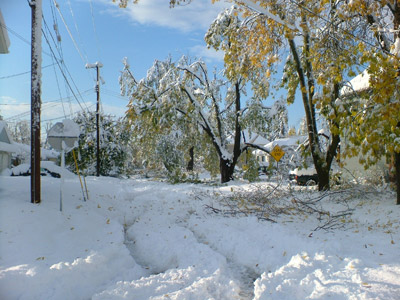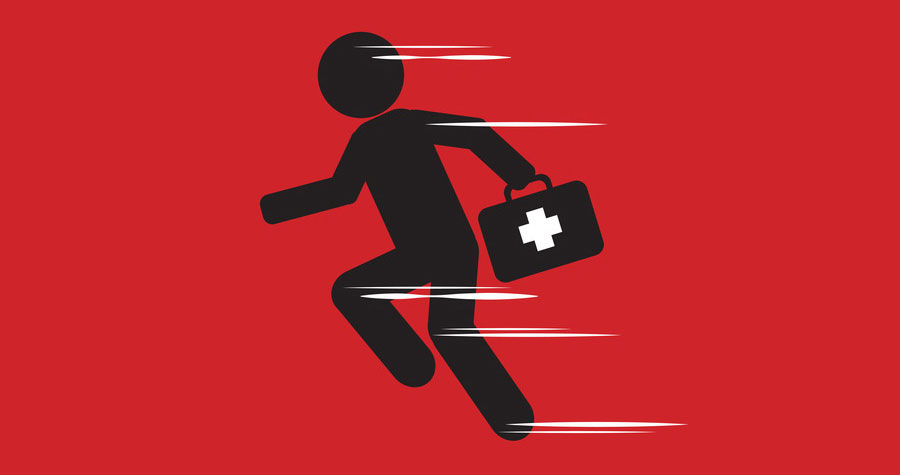
Carbon Monoxide Emergencies
What you can't see can hurt you. Be alert to the potential dangers of carbon monoxide. You can't see or smell carbon monoxide. It is a colorless, odorless, potentially dangerous gas produced when fuel (heating oil, propane, kerosene, charcoal, gasoline, wood or natural gas) is burned without enough air for complete combustion.
If inhaled in large quantities for a prolonged time period, carbon monoxide can cause unconsciousness, brain damage and death. So even though you can't see it, protect yourself and your family - learn to recognize the danger signals of carbon monoxide poisoning.
Symptoms of carbon monoxide poisoning include
- Fatigue
- Coughing
- Headache
- Irregular breathing
- Dizziness
- Overall paleness
- Nausea
- Cherry red lips and ears
In-the event you notice the symptoms, immediately call 911 and get outside into fresh air. In-the event your Carbon Monoxide (CO) detector is activated, immediately call 911 and get outside into fresh air.
Natural Gas Emergencies
First, call 9 1 1
Then, call National Fuel at 1-800-444-3130
24 hrs/day, 7 days/week
Natural gas is colorless and odorless. An odorant is added to produce a distinctive "gas smell" so that leaks are easier to detect.
If you detect a faint gas smell, check to see if you simply have a pilot light out or a burner that is not completely off.
If you smell a strong gas odor
- Don't switch lights on or off.
- Don't light any matches.
- Do open doors and windows to ventilate.
- Do leave the premises.
Power Lines Down
Stay away from downed power lines and anything the lines are touching. Even lines that look harmless may be energized and dangerous. Customers should report fallen wires immediately by calling 9-1-1.
Check with neighbors to see if their power is out. If it isn't, check circuit breakers or fuses to make sure you have not blown a fuse or tripped a breaker. If your neighborhood has no power, call NYSEG at 1-800-572-1131.
Listen to the radio for weather and basic information updates. (If you don't have a battery-powered radio, use your car radio.) Leave a lamp or radio on so you will know when your power is restored.
Stay out of flooded basements. If your basement floods and you have not shut off your electricity and natural gas service, do not enter the basement. Call NYSEG for information and safety procedures.
Turn off or unplug all major appliances, including electric water heaters, water pumps, refrigerators and freezers. Otherwise circuits may overload when your power is restored.
If a power interruption in winter is prolonged, avoid hypothermia by wearing layers of dry clothes, a hat and using blankets.
Don't use a natural gas or propane range or oven to heat your home. If you use an alternative heating sources, such as a fireplace, wood stove or kerosene heater, be sure to provide adequate ventilation.
Never use charcoal indoors for cooking or heating; it can cause carbon monoxide poisoning.
Keep your refrigerator door closed -- that way it will keep your food cold for up to 24 hours.
If your water pipes are in danger of freezing, turn a faucet on slightly.
Customers can use 1-800-572-1131 to report service interruptions and receive power restoration information. An automated trouble-reporting phone system can take customers' calls day or night. The system pinpoints the trouble location and speeds the dispatch of crews. Call back periodically for further updates.

